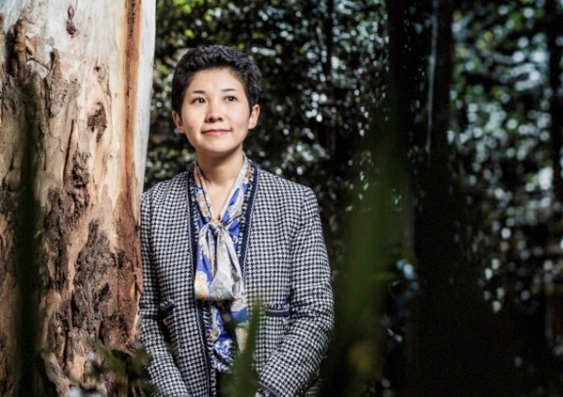Research into health benefits of green space receives funding
Research led by UNSW Sydney and University of Glasgow on the health impacts of quality green space in cities has received funding from the UKRI-NHMRC.
Research led by UNSW Sydney and University of Glasgow on the health impacts of quality green space in cities has received funding from the UKRI-NHMRC.

Yolande Hutchinson
UNSW Sydney External Engagement
0420 845 023
y.hutchinson@unsw.edu.au
A research project investigating how green spaces can reduce inequalities in mental health and cardiometabolic disease prevention has received $1.45 million in funding from the United Kingdom Research and Innovation (UKRI) and National Health and Medical Research Council (NHMRC).
Associate Professor Xiaoqi Feng from UNSW Medicine and Professor Richard Mitchell from the Glasgow University (Glas) will jointly lead the project.
The project ‘Better Parks, Healthier for All?’ will harness scientific, clinical and industry expertise in epidemiology, environmental data science, health policy and urban greening to provide evidence on health-promoting qualities of urban green space.
Results will be shared with planners and policymakers to maximise health gains from green spaces in cities across Australia and the United Kingdom.
Lead investigator A/Prof. Feng said she is excited to see the recognition and support for this new research.
“Health in cities is influenced by access to nature, but green spaces vary for a variety of reasons. While evidence shows that green spaces perceived to be high quality are more important for our health, little research has been done on which qualities matter and for whom,” A/Prof. Feng said.
“We will engage with a range of decision-makers and practitioners who are planning and implementing policies to improve the quality of green spaces in cities. Collaborating throughout this project will enable us to co-design and identify through epidemiological analysis which green space qualities improve health and narrow socioeconomic health inequities.”
A/Prof. Feng and her team are one of only five to receive funding in Australia from the UKRI-NHMRC grant, as part of the Built Environment Prevention Research Scheme.
“Given the trend of rapid urbanisation, it is vital to understand how we can (re)design these settings to promote better health for everyone,” A/Prof. Feng said.
The UKRI-NHMRC Built Environment and Prevention Research Scheme, opens in a new window supports Australian participation in world-leading research to reduce non-communicable diseases (NCDs) associated with the built environment.
The project brings together senior and emerging researchers from UNSW, Glas, the University of Wollongong, CSIRO, the University of Queensland, and local health districts in Western Sydney and South Western Sydney.